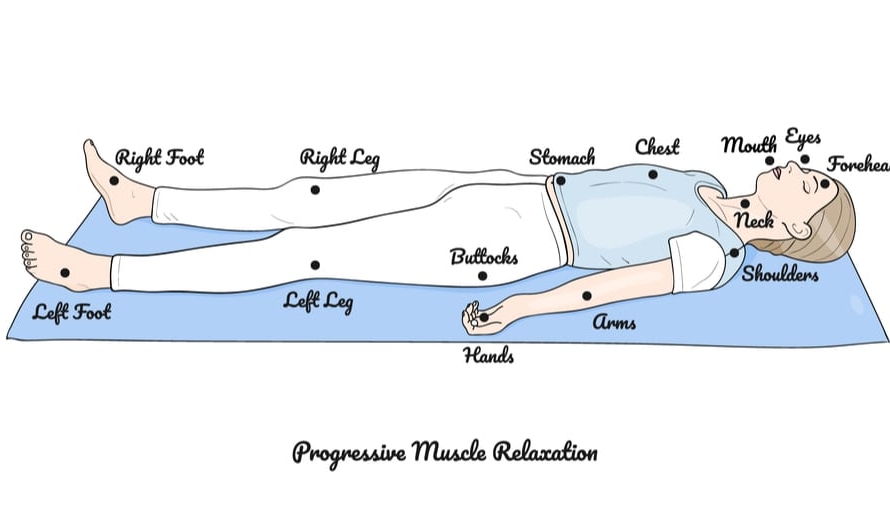S
ocial anxiety, also known as social phobia, is a common mental health condition that affects millions of people worldwide. It can be a persistent fear of social situations and interactions, which can have a significant impact on a person’s quality of life, including their ability to thrive in the workplace. In this blog, we will explore what social anxiety is, its causes, symptoms, and practical tips for managing social anxiety at work.
Understanding Social Anxiety
Social anxiety is an anxiety disorder characterized by intense fear and discomfort in social situations. People with social anxiety may experience physical symptoms such as sweating, trembling, blushing, and a rapid heartbeat. It can affect a person’s ability to function in everyday life, including at work, school, and social gatherings. The exact causes of social anxiety disorder are not yet fully understood, but it is believed to be a combination of genetics, brain chemistry, and life experiences.
Symptoms of Social Anxiety
The symptoms of social anxiety can manifest in various ways, including excessive self-consciousness in social situations, fear of being judged or criticized by others, avoiding social situations or interactions, difficulty speaking or performing in front of others, and experiencing physical symptoms like sweating and nausea. These symptoms can vary in severity, depending on the individual and the situation.
Social Anxiety at Work
Social anxiety at work is a common issue that can impact people in various professions. It can manifest as feeling nervous or self-conscious in meetings, avoiding social situations such as office parties, and struggling to assert oneself or speak up in the workplace. These symptoms can hinder career growth, lead to missed opportunities, and increase stress and anxiety in the workplace.
Practical Tips for Managing
While social anxiety at work can be challenging, there are practical steps that you can take to manage your symptoms and improve youre workplace experience. Here are eight actionable tips:
- Seek Professional Help: Consider talking to a therapist or mental health professional who can provide support and guidance for managing social anxiety symptoms. For example, you could schedule regular therapy sessions to work on developing coping strategies and addressing any underlying issues that may be contributing to your social anxiety.
- Practice Mindfulness: Incorporate mindfulness techniques such as deep breathing, meditation, or visualization exercises to help reduce anxiety in the workplace. For instance, you could take a few minutes before a meeting or presentation to practice deep breathing exercises to calm your nerves and focus your mind.
- Challenge Negative Thoughts: Practice cognitive-behavioral techniques to challenge negative thoughts and replace them with positive, empowering ones. For example, you could challenge thoughts like “I’m going to mess up in this presentation” with more realistic and balanced thoughts like “I’ve prepared well, and I will do my best.”
- Set Small Goals: Start by setting small, achievable goals such as speaking up in a meeting or initiating a conversation with a colleague. Celebrate successes along the way to build confidence and momentum. For instance, you could set a goal to ask a question during a meeting or share an idea with a colleague during a brainstorming session.
- Create a Support System: Identify supportive colleagues or friends who can offer encouragement and help navigate social situations in the workplace. For example, you could reach out to a trusted coworker or mentor for advice or support when facing challenging social situations at work.
- Prepare Ahead of Time: If a social situation, such as a presentation or meeting, is causing anxiety, prepare as much as possible ahead of time to reduce stress and increase confidence. For instance, you could practice your presentation multiple times, gather all necessary materials, and anticipate potential questions to feel more prepared and less anxious.
- Use Relaxation Techniques: Consider using relaxation techniques such as progressive muscle relaxation or visualization exercises to reduce stress and anxiety in the moment. For example, you could practice progressive muscle relaxation at your desk before a social event or use visualization exercises to imagine yourself successfully navigating a social situation.
- Take Care of Yourself: Prioritize self-care by getting enough sleep, exercise, and a healthy diet. These habits can help reduce overall stress levels and improve mental health. For instance, you could establish a consistent sleep routine, make time for regular exercise, and eat nutritious meals to support your overall well-being.
Addressing social anxiety at work can be challenging, but taking these actionable steps can help manage symptoms and improve your workplace experience.



